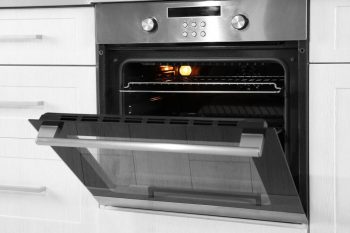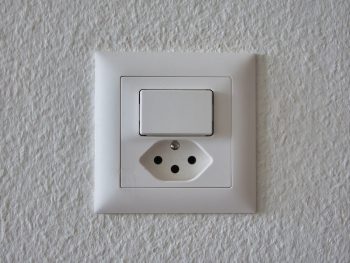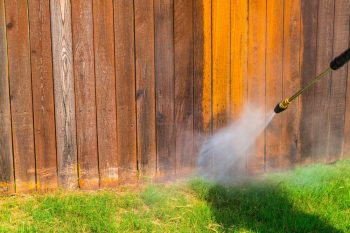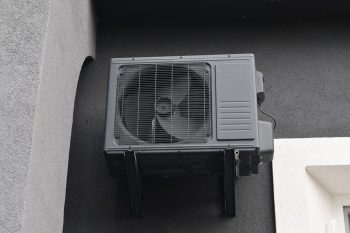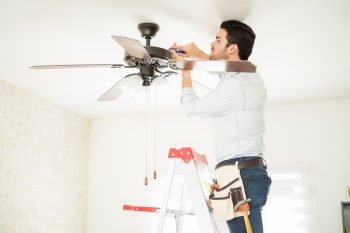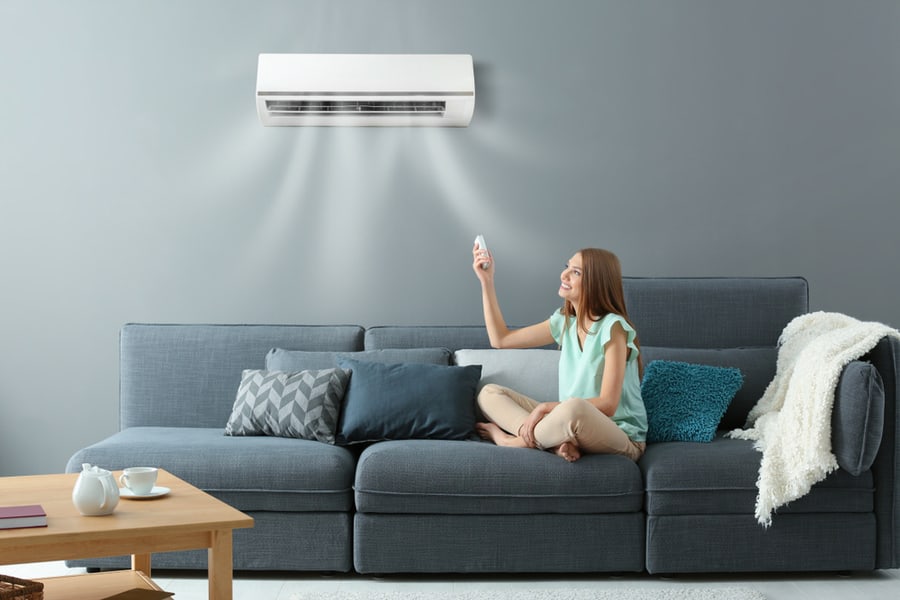
Air conditioners are designed to bring cool comfort to your home. So if it starts blowing warm air into your space, you better believe there’s a problem.
But what might cause an air conditioner to start blowing out lukewarm air?
Here are some of the most common reasons:
- Airflow blockages can cause problems with temperature exchange and thus prevent your AC from providing cool air.
- A damaged compressor may become inefficient at pumping essential refrigerant throughout the unit, reducing its ability to replace warm ambient air.
- Over time, refrigerant lines can become damaged, causing a leak and reducing cooling performance.
- Improper thermostat settings can make your air conditioner blow warmer air than you prefer
- An old, worn air conditioner may slowly surrender, revealing its age with poor ability to produce cool air.
Air conditioners don’t produce cold air. Instead, the system removes warm air from your home fairly simply. This makes it relatively easy to find the culprit if and when your air conditioner starts blowing out warm air.
Reasons Why Your AC Is Blowing Warm Air
1. Airflow Blockage

Your air conditioner cools your space by way of a substance called refrigerant. This chemical changes from a gas to a liquid state and vice versa as the compressor pumps it throughout the air conditioning unit.
Refrigerant absorbs heat from your space and releases it outside through these changes.
But refrigerant doesn’t just magically magnetize heat. So your air conditioner needs to uptake your ambient air, blow it over the refrigerant in the coils, and then the temperature exchange happens.
Any airflow obstruction can prevent this exchange from happening. For example, a dirty filter or dirt-encased evaporator coils could reduce the amount of warm air blown over the coils, thus blocking the process.
As a result, your air conditioner might start to blow out warm air. This comes as the result of a poor temperature exchange.
The best way to solve the problem would be to clean the filters and remove other blockages obstructing airflow.
2. Damaged Compressor
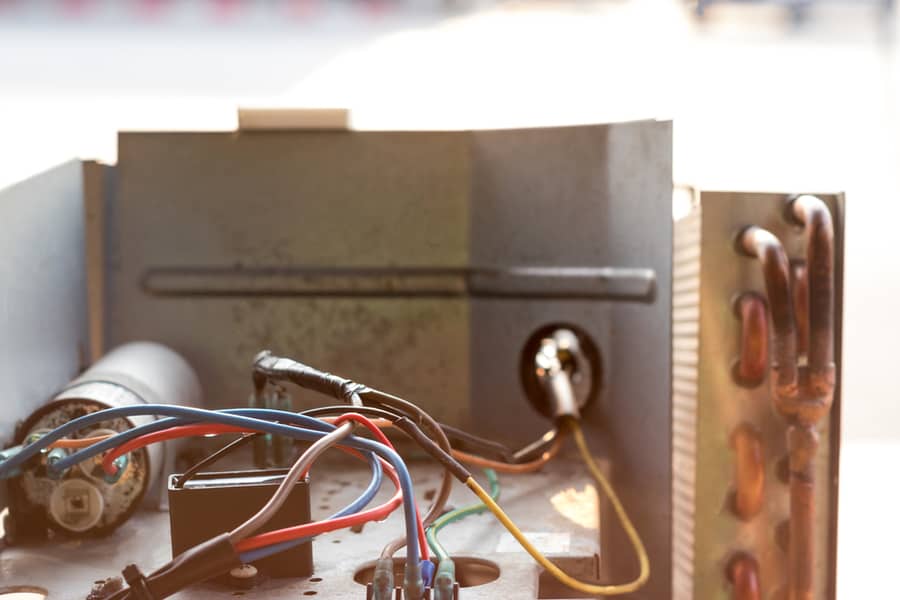
You can think of the compressor as the heart of your air conditioner. This powerful internal mechanism pumps refrigerant throughout the system for efficient cooling performance.
When the compressor is damaged, refrigerant flow through the system may become significantly impaired.
When there isn’t any or enough refrigerant flowing through the air conditioner, collected heat has nowhere to go.
So instead of being absorbed by the refrigerant and carried outside, the heat remains in the air conditioner and is blown back into your home.
A damaged compressor may be repaired, but a replacement may be the only solution in certain situations.
Make sure to call your HVAC specialist to find out what they recommend.
3. Refrigerant Leak
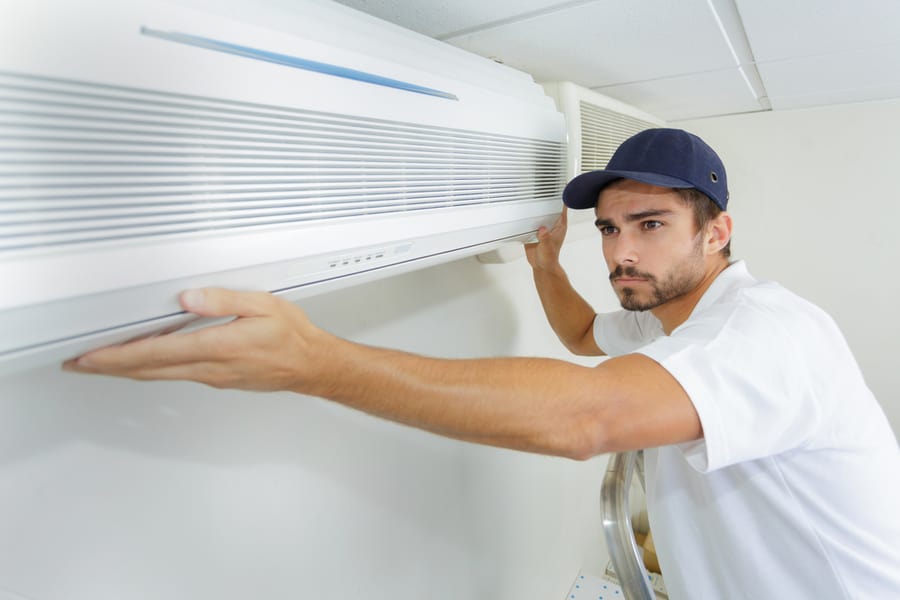
The constant movement of refrigerant through your air conditioning system may cause damage to the ducts that carry the substance.
Over time, cracks and breaks can develop in the refrigerant lines, causing the chemical to leak. This reduces the air conditioner’s efficiency and impairs its ability to absorb heat and replace it with cool air.
Regarding a refrigerant leak, the only solution would be to call an HVAC specialist.
This substance can be particularly dangerous. Do not attempt to repair a refrigerant line or replenish refrigerant levels if you don’t have experience handling the substance.
4. Wrong Thermostat Settings
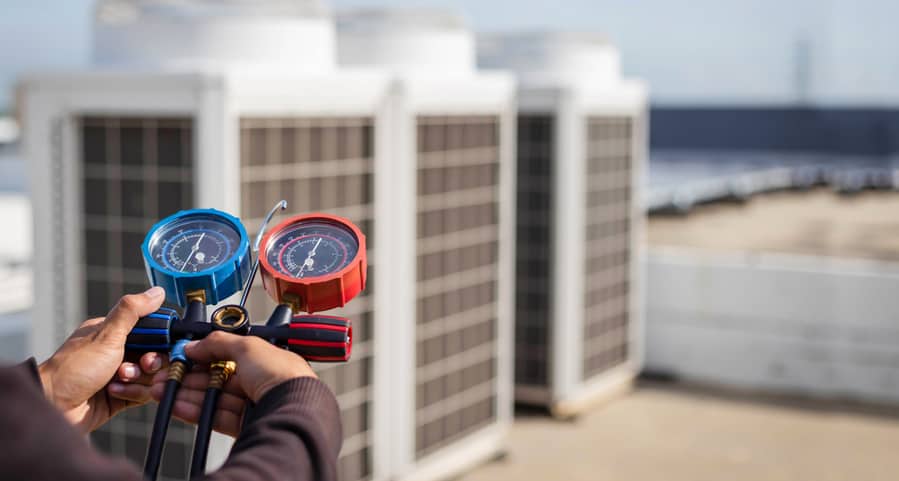
Sometimes, the warm air blowing out of your air conditioner is just an oversight.
Air conditioners these days can let you set your temperature relatively warm, and this might seem like a problem unless you double-check the thermostat.
Other models even have a heating function. Enabled by a ‘sun’ labeled button on the control panel or remote control, the heating function makes your space warm during the winter.
An accidental push of the heating button can cause warm air to fill your home when you don’t need it.
Take a moment to double-check your settings. Set the right thermostat to keep your space cool and comfortable.
5. End of Lifespan

Your air conditioner has a lifespan that most manufacturers set at about 10 years. After this period, your unit becomes more prone to damage, malfunction, and errors.
Of course, you shouldn’t jump to conclusions if your air conditioner is blowing warm air. But if none of the previous explanations can fix your AC, you might have to consider its lifespan.
Unit damage can accumulate over time, especially if you don’t have it serviced routinely. As time wears on, these damages become more pronounced until your unit reaches its breaking point.
While an HVAC specialist can perform repairs, the service cost may come to par with a brand-new unit.
Takeaway
It’s not normal for an air conditioner to start blowing warm air. So as soon as the malfunction shows, you find the root cause to solve the problem before it worsens.
Be ready for the worst, though. If your unit is old and worn, warm air might indicate it’s time to buy a replacement.
Frequently Asked Questions
Is It Normal for an Air Conditioner To Blow Warm Air When It Starts?
Yes, it’s normal for an air conditioner to blow hot air first. Because the system has just started, it won’t be able to provide a cool breeze immediately after being turned on.
So you should expect a gentle warmth to blow out of the vents when you switch on the power. The warm air should be momentary, however.
If it persists and doesn’t cool, you have a problem.
Why Is My AC Not As Cold as It Used To Be?
If the air coming out of your AC isn’t necessarily warm but isn’t as cold as it usually is, you might be looking at the same issues.
Any problems that reduce the cooling efficiency of your air conditioner can be traced back to the reasons listed above.
Call a professional to check your air conditioner if you notice it isn’t performing as well as it used to.

